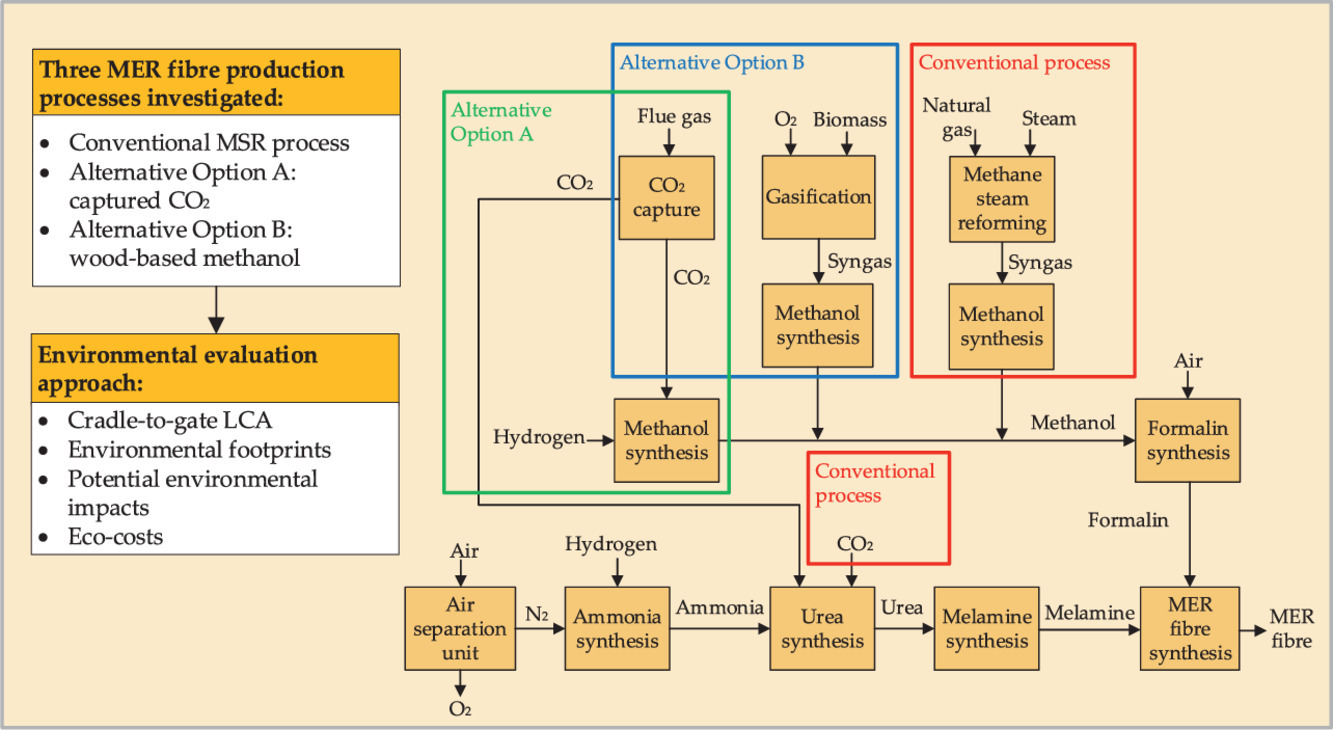This paper explores the potential for sustainable Melamine Etherified Resin (MER) fibre production, where all the required feedstocks could be from either renewable or waste origin.
Assesses road markings as a source of microplastic pollution
This Article supports SDG 3 by highlighting the importance of addressing risk factors such as child wasting, smoking, ambient particulate matter pollution, and household air pollution, to reduce the mortality rate and health disparities due to lower respiratory infections.
An article focused on (i) understanding how climate change is decreasing ocean biodiversity and (ii) identifying the planetary health impacts accelerated by ocean biodiversity erosion.
This article analyzes the correlation between the mental stress and severe psychological impacts, specifically chronic stress, that patients with breast cancer experience and reviews the previous research on the correlation between chronic stress and the occurrence and development of breast cancer.
This article focuses on the risk of psychological distress and the quality of life of the primary caregiver of patients with cancer and identifies steps that may be taken for supportive management.
This cross-sectional study finds that younger age group (18–35 years) and female cancer patients appear to be more prone to distress and warrant more attention from health care staff and caretakers.
Elsevier,
Emerging Contaminants in the Environment: Challenges and Sustainable Practices, Volume 1, 1 January 2022
This chapter aligns with Goal 6: Clean water and sanitation and Goal 14: Life below water by prodiving an overview of environmental plastic abundance, sources and mitigation strategies.
This is a methods paper to quantify HIV reservoir. This high-throughput cross-subtype reservoir assay will be useful in HIV cure research in Africa and Asia, where HIV prevalence is highest.
Acquired immunodeficiency syndrome (AIDS) is a disease arising from human immunodeficiency virus (HIV). Antiretroviral therapy (ART) is a main therapeutic regimen for inhibiting HIV proliferation and viability. Identification of differentially expressed genes (DEGs) in HIV-infected patients with and without ART could provide theoretical evidence for deep research into the efficacy of ART and corresponding mechanism.



